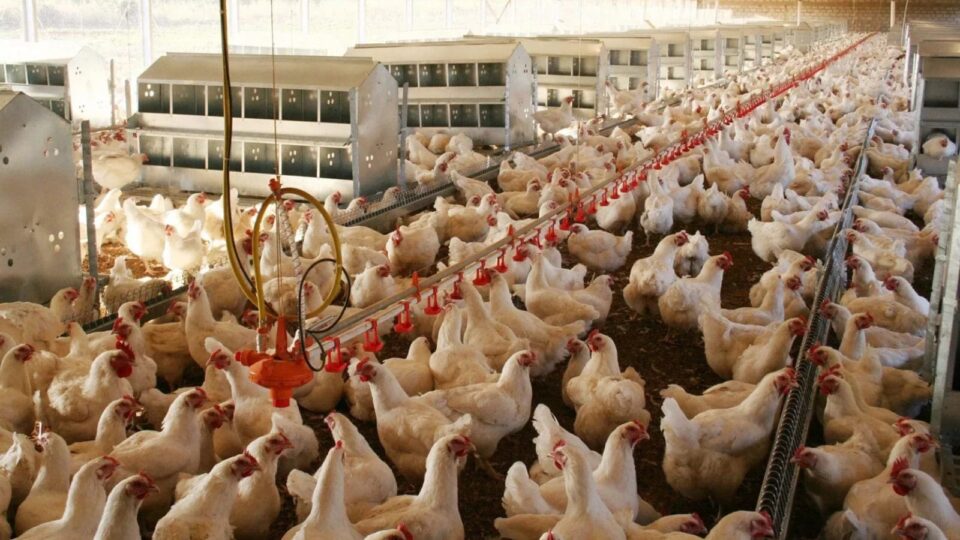Burkina Faso has taken a major step to boost domestic poultry production by suspending the importation of broiler chicks. Announced by the Ministry of Agriculture, Animal Resources, and Fisheries on October 3, the new policy halts all import permits for meat-producing chicks until further notice. The Directorate General of Veterinary Services will no longer issue new authorizations, reflecting confidence that local hatcheries can meet national demand. The ban applies to all broiler varieties, regardless of breed or genetic strain, signaling a push for greater self-sufficiency and stronger reliance on domestic suppliers.
The government aims to create a more supportive environment for local poultry producers and attract investment into the sector. By reducing dependence on foreign imports, domestic hatcheries are expected to expand production capacity, gradually replacing previously imported chicks with homegrown alternatives. Between 2020 and 2024, Burkina Faso imported an average of $736,000 worth of broiler chicks annually, peaking at $1.06 million in 2024, with major suppliers including Morocco, Belgium, France, and Turkey.
Poultry plays a key role in Burkina Faso’s agricultural economy, contributing about 6 percent of total agricultural value added and supporting rural livelihoods while enhancing national food security. The country produces over 140,000 tonnes of poultry meat and roughly 6,000 tonnes of eggs annually, with production steadily rising over the past decade. Historically, the sector’s economic value has grown from $80 million in 2009 to over $140 million in 2011. Alongside cattle, poultry represents a cornerstone of Burkina Faso’s livestock economy, accounting for nearly 16.5 percent of total meat consumption nationwide.
While the import suspension may require some short-term adjustments in supply chains, government officials stress that domestic hatcheries have sufficient capacity to maintain production levels. The ban will remain in effect until a thorough review confirms that local production can reliably meet demand, ensuring the country’s poultry industry continues to grow sustainably.



